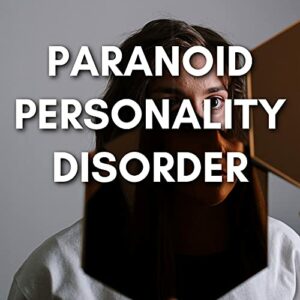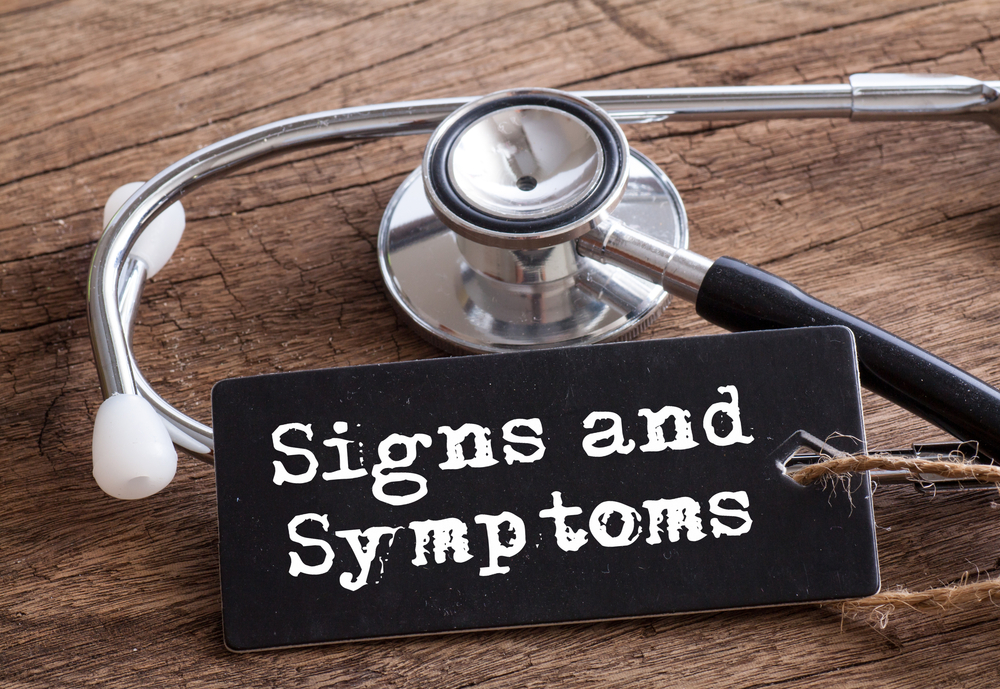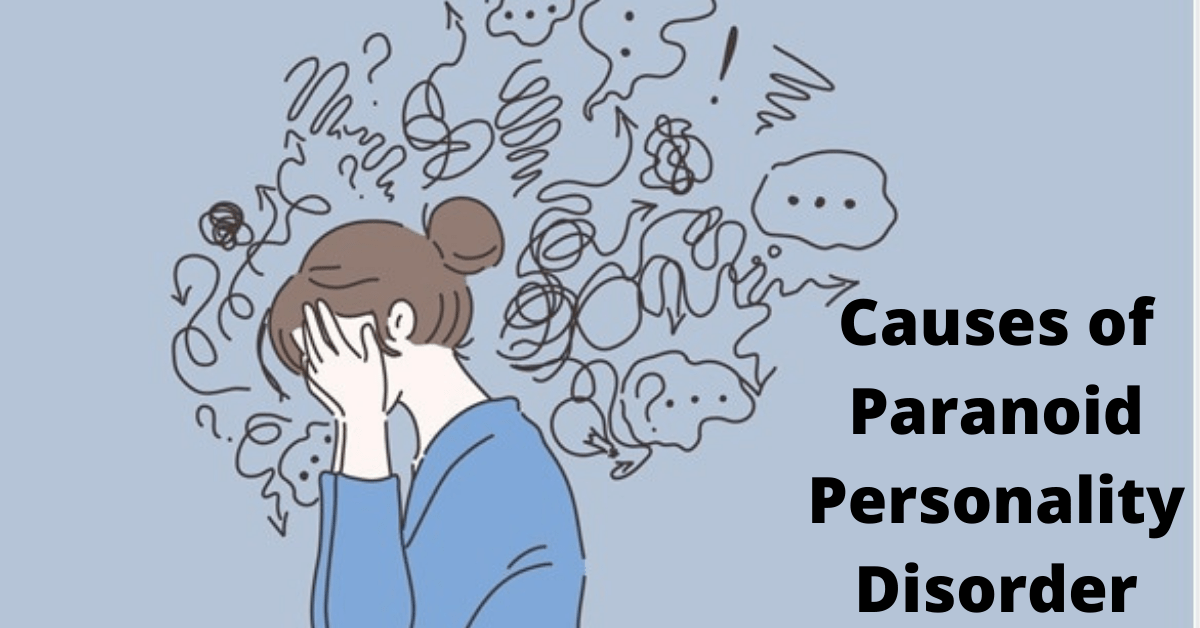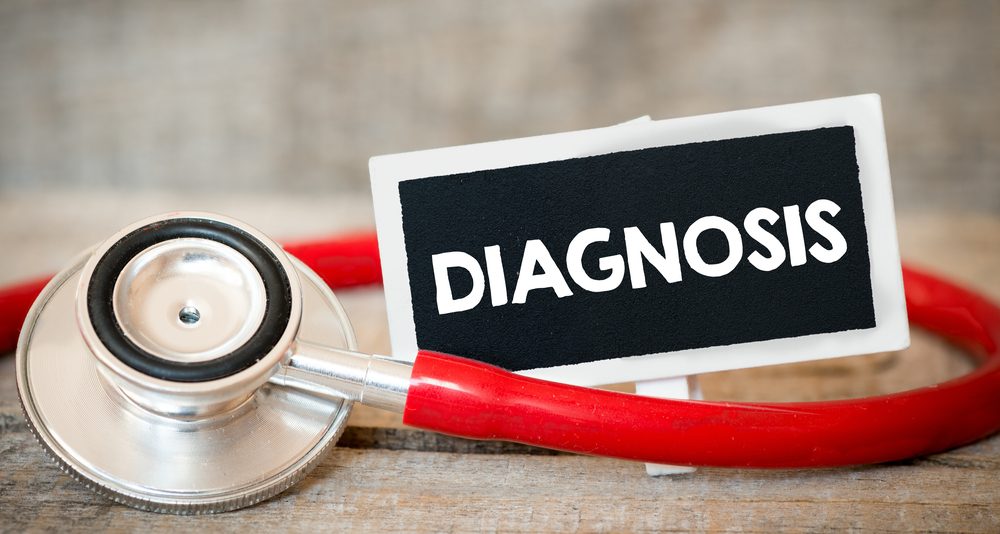A paranoid personality disorder is a mental health condition in which the patient has an extreme distrust of other people. This can be based on either real or imagined experiences, and it often leads to social withdrawal. There are about 1 million cases of this disorder in the United States, with men being affected more than women. It usually starts developing by early adulthood and may have its roots in childhood trauma or abuse. Learn more about paranoid personality disorders here.
Contents
- 1 What Is Paranoid Personality Disorder?
- 2 Signs of Paranoid Personality Disorder
- 3 Causes of Paranoid Personality Disorder
- 4 Diagnosis of Paranoid Personality Disorder
- 5 Treatment of Paranoid Personality Disorder
- 5.1 Medications
- 5.2 Therapy
- 5.3 Prevention of Paranoid Personality Disorder
- 5.4 See Therapist
- 5.5 Support Groups
- 5.6 Self-Care
- 5.7 Avoid Drugs
- 5.8 Get Treatment for Mental Illness
- 5.9 Stay Away From Violent Environments
- 5.10 Try To Live Healthy Lifestyle
- 5.11 Avoid Stressful Situations
- 5.12 Get Plenty of Sleep At Night
- 5.13 Avoid Social Isolation
- 6 Conclusion
What Is Paranoid Personality Disorder?
 A paranoid personality disorder is a mental illness characterized by distrust and suspicion of others. People with this condition typically assume that other people are out to harm them, even though they lack evidence for these suspicions.
A paranoid personality disorder is a mental illness characterized by distrust and suspicion of others. People with this condition typically assume that other people are out to harm them, even though they lack evidence for these suspicions.
Consequently, people with paranoid personality disorder are often guarded and suspicious. In extreme cases, this can lead to a break from reality (psychosis) marked by delusions of grandeur or persecution.
People diagnosed with other mental illnesses such as schizophrenia may also have symptoms that resemble those of the disorder. However, the presence of this disorder without symptoms of another mental illness is not sufficient to diagnose someone with schizophrenia.
Individuals diagnosed with this condition may also be very sensitive and easily angered by criticism or perceived slights. They might read hidden meanings into benign remarks or events, quickly interpreting them as personal attacks. As a result, they avoid most social interactions.
Signs of Paranoid Personality Disorder

There are many symptoms of paranoid personality disorder:
Anger
Anger is a common symptom of paranoid personality disorder. People with this condition may become angry very easily and over seemingly minor things. For example, they might be angered by someone’s questioning manner or a perceived insult.
Arguments
People with a paranoid personality disorder often have very strong convictions and are not shy about sharing them. They are also quick to dispute others’ points of view, even if those views are reasonable. This can lead to many arguments and conflicts in personal relationships.
Critical
People with this personality disorder tend to be overly critical of themselves and others. They commonly find fault in anything and everything around them. This can make social interactions extremely difficult, as no one is ever good enough in their eyes.
Delusional Thinking
People with this disorder may experience delusions, which are false beliefs that are not based on reality. Common delusions include the belief that others are out to harm them, that they are being followed or spied on, or that they have special powers or knowledge.
Distrust
One of the hallmark symptoms of paranoid personality disorder is a general distrust of others. People with this condition tend to be very suspicious and often assume the worst about people’s motives. This can lead to social isolation as they withdraw from relationships.
Sensitivity
People with paranoid personality disorder may be extremely sensitive to criticism and feel like it’s a personal attack. They might also take any disagreement as a sign of hostility. This can make interactions with others very difficult and often lead to awkward or uncomfortable situations.
Suspicion
A person with a paranoid personality disorder may feel that other people are out to get them, even when there is no evidence for this sentiment. This can be quite destructive in personal relationships, as they might constantly suspect their spouse of cheating or distrust friends who have proven themselves trustworthy in the past.
Causes of Paranoid Personality Disorder

There are many causes of this disorder. Some of these are:
Brain Chemistry
This is the most common cause of paranoid personality disorder. When there is an imbalance in the brain’s chemistry, it can lead to this disorder. Brain chemistry is a complex issue that is poorly understood. If the brain’s chemistry becomes unbalanced, it can lead to a person feeling irritable and suspicious of others. It also can lead to hallucinations and delusions.
Social Learning
Some people may develop a paranoid personality disorder because they learn it from watching other people. If an individual is constantly around someone who acts in this way, or if they live with someone who has the problem, they may mimic their behavior and beliefs. This can lead to them developing this type of personality as well.
Genetics
There is evidence that paranoid personality disorder may be passed down through families. This means that it may be caused by genetics, or the genes you inherit from your parents.
Reactive Nature
This can be another cause of paranoid personality disorder. If someone is constantly stressed, anxious, or worried about something, they may develop this condition. The stress can cause damage to their brain chemistry which leads them to act in a suspicious manner.
Anxiety
Most people who suffer from an anxiety disorder are more likely to develop paranoid personality disorder than the general population because it affects their mood and behavior so much. This can be very dangerous if left untreated as some sufferers have turned violent due to their strong feelings of fear and hatred for others.
Trauma
People who have experienced a traumatic event, such as physical abuse or sexual assault, may be more likely to develop a paranoid personality disorder. This is because the trauma can lead to feelings of mistrust and paranoia.
Environment
The environment in which someone grows up can also play a role in causing paranoid personality disorder. If a person’s home life is unstable or chaotic, they may be more likely to develop this condition. This is because they may not have a positive example of how healthy relationships work.
Abuse of Drugs or Alcohol
People who abuse drugs or alcohol are also more likely to develop this disorder. This is because the use of these substances can lead to changes in the brain that may increase paranoia.
Diagnosis of Paranoid Personality Disorder

The diagnosis of this disorder is based on a psychological evaluation and interview.
The medical professional will ask the person about symptoms and observe their behavior. They might also order a number of tests to rule out other conditions with similar symptoms, such as schizophrenia or delusional disorder.
In psychological evaluation, the medical professional will ask about symptoms and observe behavior. They may also have talked with your family members, as disorder sometimes runs in families.
Self-Evaluation is also a method to diagnose this paranoid personality disorder. The Self-Evaluation asks the person to answer if they suffer from any of the following symptoms: A pervasive distrust and suspiciousness of others, excessive self-criticism, a need for perfectionism, reluctance to confide in others, feeling that others are always trying to harm you, or exaggerated beliefs about your own abilities.
Treatment of Paranoid Personality Disorder

There are no medications that can treat paranoid personality disorder directly. However, there are some steps you can take to help manage its effects:
Medications
Some people find relief through medication management for other conditions they might have, such as anxiety or depression. This is especially true if these coexisting conditions cause more problems than the paranoia itself. For example, it might be harder to think rationally when you’re extremely anxious all the time.
Therapy
Therapy is often a key part of treating paranoid personality disorder. In therapy, a person will work with a therapist to identify and address the underlying causes of their condition. Therapy can help improve relationships with others and provide support during difficult times.
Prevention of Paranoid Personality Disorder
There are no known methods for preventing paranoid personality disorder, as it is typically caused by genetics or trauma that happened during childhood. However, there are ways to manage the symptoms and live a fulfilling life despite this condition. Some of these are:
See Therapist
See a therapist on a regular basis to help manage symptoms and improve relationships. You can also do things on your own to cope with these feelings, such as meditation or journaling.
Support Groups
There are often support groups available for people with this disorder. These can offer a sense of community and understanding, as well as practical advice on how to cope with the condition.
Self-Care
Take care of yourself emotionally and physically by getting enough sleep, eating healthy foods, and exercising regularly. This will help you stay strong when things get tough.
Avoid Drugs
Avoiding drugs is one of the best ways to prevent paranoid personality disorder. Drugs can increase paranoia and trigger psychotic symptoms.
Get Treatment for Mental Illness
If someone is already experiencing signs or symptoms of mental illness, it’s important to get treatment as soon as possible. Left untreated, mental illnesses can worsen and lead to more serious problems like a paranoid personality disorder.
Stay Away From Violent Environments
People with paranoid personality disorder are often fearful and suspicious of others. They may be more likely to stay away from violent environments, which can help reduce their risk of developing the disorder.
Try To Live Healthy Lifestyle
Staying away from drugs and eating healthy foods can go a long way in preventing paranoid personality disorder.
Avoid Stressful Situations
Getting out of stressful situations is important for everyone, especially those with paranoid personality disorders as they may experience heightened levels of stress that can lead to psychotic symptoms such as paranoia.
Get Plenty of Sleep At Night
People who don’t sleep well often have higher rates of mental illness than people who do get enough rest each night. Getting plenty of sleep every night can help reduce the risk factors associated with developing a mood or anxiety disorder like this.
Avoid Social Isolation
This means surrounding yourself with positive people who will support you and your healthy choices. This also includes having a strong network of friends and family who will help you when the going gets tough. It is also important to have interests and activities outside of your relationships. This will help you maintain a sense of self-identity and independence, which can be crucial for preventing the development of this disorder.
Conclusion
A paranoid personality disorder is an anxiety disorder characterized by extreme distrust, suspicion, and sensitivity to other people’s motives. It can cause social withdrawal and difficulty in relationships.
There are no medications that directly treat paranoid personality disorders; however, there are ways you can manage the symptoms through therapy or support groups. If left untreated it may lead to feelings of loneliness or low self-esteem.
If you are looking for affordable Online Counseling MantraCare can help: Book a trial therapy session


